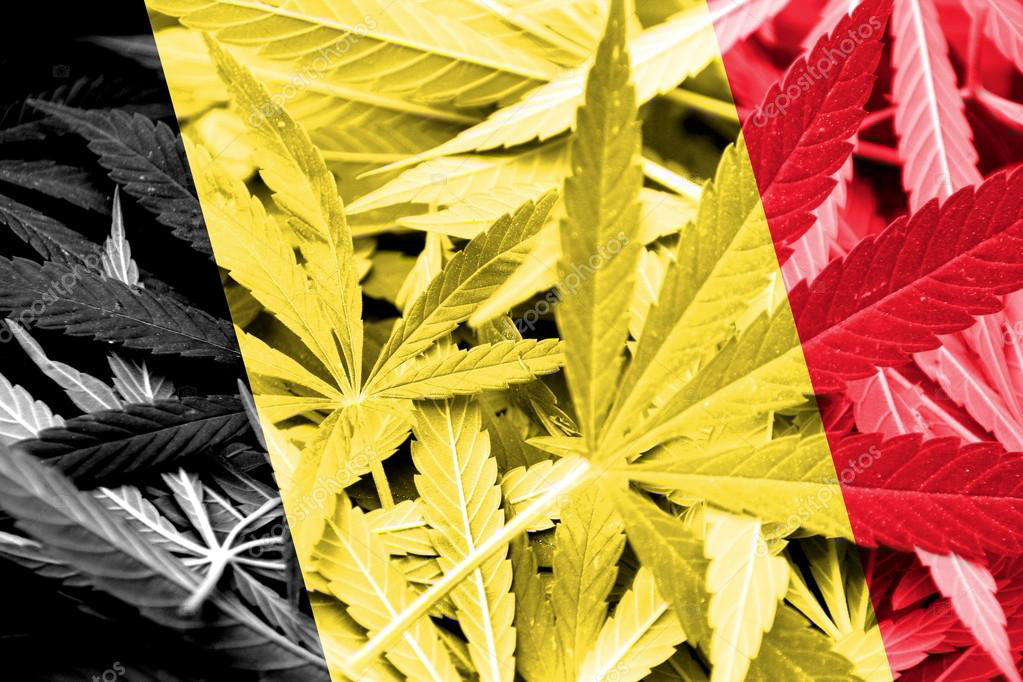
Advancing Cannabis Legislation in Belgium: Strategies for Systemic Change
Cannabis is one of the most widely consumed substances in Belgium, with an estimated 25% of the population using it at least once in their lifetime. Despite this widespread usage, cannabis remains illegal in Belgium, with possession and consumption punishable by law. However, there is growing momentum towards legalizing cannabis in Belgium, with several advocacy groups pushing for a change in current policies.
This article explores the current status of cannabis legislation in Belgium, examines the history of cannabis laws, and highlights the impact of prohibitionist policies on society. It also looks at the economic potential of legalizing cannabis, and outlines effective advocacy strategies for cannabis reform in Belgium. The article concludes by providing a roadmap for advancing cannabis policy in Belgium.
Examining the History of Cannabis Legislation in Belgium
Belgium has a long history of cannabis laws that dates back to the early 1900s. In 1921, Belgium passed the first cannabis law, which made it illegal to possess or sell cannabis. This law remained in place until 1970 when Belgium signed the United Nations Single Convention on Narcotic Drugs, which led to the creation of the 1976 law on drugs. This law classified cannabis as a Schedule I drug, making it illegal to possess, sell, or use.
Since the 1976 law, Belgium has had a strict approach to cannabis, with criminal penalties for those caught using, possessing or selling it. However, in recent years, there has been growing recognition of the need to change these laws, with many experts and advocacy groups arguing that prohibitionist policies do more harm than good.
The Role of Public Opinion in Cannabis Legalization
Public opinion plays a crucial role in shaping cannabis policy in Belgium. According to a recent survey, 64% of Belgians support legalizing cannabis for personal use, while only 30% oppose it. This growing support for cannabis legalization is due to the belief that it would reduce the burden on law enforcement agencies, generate tax revenue, and create jobs.
However, the government’s response to public opinion has been mixed. While some politicians have shown support for cannabis legalization, others remain opposed to it. As a result, advocacy groups need to develop effective strategies for engaging with politicians and changing their minds on this issue.
Understanding the Impact of Prohibitionist Policies
Prohibitionist policies have had a significant impact on the lives of millions of cannabis users in Belgium. The criminalization of cannabis has led to a disproportionate number of young people being arrested, imprisoned, and stigmatized. It has also created a black market for cannabis, which is often associated with violence, organized crime, and poor quality products.
Moreover, prohibitionist policies have not deterred people from using cannabis, with an estimated 25% of Belgians having used it at least once in their lifetime. This highlights the need for a new approach that focuses on harm reduction and public health rather than punishment and criminalization.
The Economic Potential of Legalizing Cannabis in Belgium
Legalizing cannabis has significant economic potential for Belgium. According to a recent study, legalizing cannabis could generate up to €1.8 billion in tax revenue and create up to 20,000 new jobs. This would provide a significant boost to the country’s struggling economy and help reduce the budget deficit.
Moreover, legalizing cannabis would also reduce the burden on law enforcement agencies, freeing up resources to focus on more serious crimes. It would also reduce the number of people being criminalized for cannabis-related offenses, which can have a long-term impact on their lives.
Developing Effective Advocacy Strategies for Cannabis Reform
Developing effective advocacy strategies is crucial for advancing cannabis reform in Belgium. Advocacy groups need to focus on building a broad-based coalition that includes politicians, community organizers, and other stakeholders. They also need to develop evidence-based arguments that highlight the benefits of legalization, such as reduced crime rates, increased tax revenue, and improved public health outcomes.
Moreover, advocacy groups need to engage with the media to raise public awareness of the issue and educate the public about the harms of prohibitionist policies. This can be achieved through social media campaigns, public events, and other forms of outreach.
The Importance of Engaging with Politicians and Lawmakers
Engaging with politicians and lawmakers is crucial for advancing cannabis policy in Belgium. Advocacy groups need to develop relationships with key decision-makers and highlight the benefits of cannabis reform. They also need to provide evidence-based arguments and data that demonstrate the positive impact of legalization on public health, the economy, and society as a whole.
Moreover, advocacy groups need to be persistent and patient, recognizing that changing entrenched policies takes time and effort. It is essential to maintain a positive relationship with politicians and lawmakers, even if they do not share the same views on cannabis reform.
Collaborating with Advocacy Groups and Community Organizers
Collaborating with other advocacy groups and community organizers is crucial for achieving cannabis reform in Belgium. By working together, advocacy groups can pool resources, knowledge, and expertise to develop more effective strategies and messages. They can also build a broader base of support that includes diverse communities and stakeholders.
Moreover, community organizers can help raise awareness of the issue and mobilize support for cannabis reform. They can organize public events, engage with local media, and provide a platform for those affected by prohibitionist policies to share their stories.
Building a Broad-Based Coalition for Cannabis Legalization
Building a broad-based coalition for cannabis legalization is crucial for achieving systemic change in Belgium. This coalition should include politicians, community organizers, advocacy groups, and other stakeholders. It should also include diverse communities and individuals who have been affected by prohibitionist policies.
Moreover, this coalition should focus on developing evidence-based arguments that highlight the benefits of legalization. It should also engage with the media to raise public awareness of the issue and educate the public about the harms of prohibitionist policies.
Lessons Learned from Successful Cannabis Reform Campaigns
There are several lessons to learn from successful cannabis reform campaigns in other countries. These include the need to build a broad-based coalition, develop evidence-based arguments, engage with the media, and be persistent and patient. Successful campaigns have also focused on harm reduction and public health, rather than punishment and criminalization.
Moreover, successful campaigns have highlighted the economic benefits of legalization, such as increased tax revenue and job creation. They have also focused on engaging with politicians and lawmakers, recognizing that changing entrenched policies takes time and effort.
Overcoming Challenges to Cannabis Legalization in Belgium
There are several challenges to cannabis legalization in Belgium, including resistance from politicians and lawmakers, opposition from law enforcement agencies, and public stigma. To overcome these challenges, advocacy groups need to develop effective strategies that focus on building a broad-based coalition, developing evidence-based arguments, and engaging with the media.
Moreover, advocacy groups need to be persistent and patient, recognizing that changing entrenched policies takes time and effort. They also need to focus on harm reduction and public health, rather than punishment and criminalization.
A Roadmap for Advancing Cannabis Policy in Belgium
Advancing cannabis policy in Belgium requires a coordinated effort by advocacy groups, politicians, community organizers, and other stakeholders. This effort should focus on developing evidence-based arguments that highlight the benefits of legalization, such as reduced crime rates, increased tax revenue, and improved public health outcomes.
Moreover, this effort should focus on engaging with politicians and lawmakers, recognizing that changing entrenched policies takes time and effort. It should also focus on building a broad-based coalition that includes diverse communities and stakeholders.
By working together, we can advance cannabis policy in Belgium and create a more just and equitable society for all.



